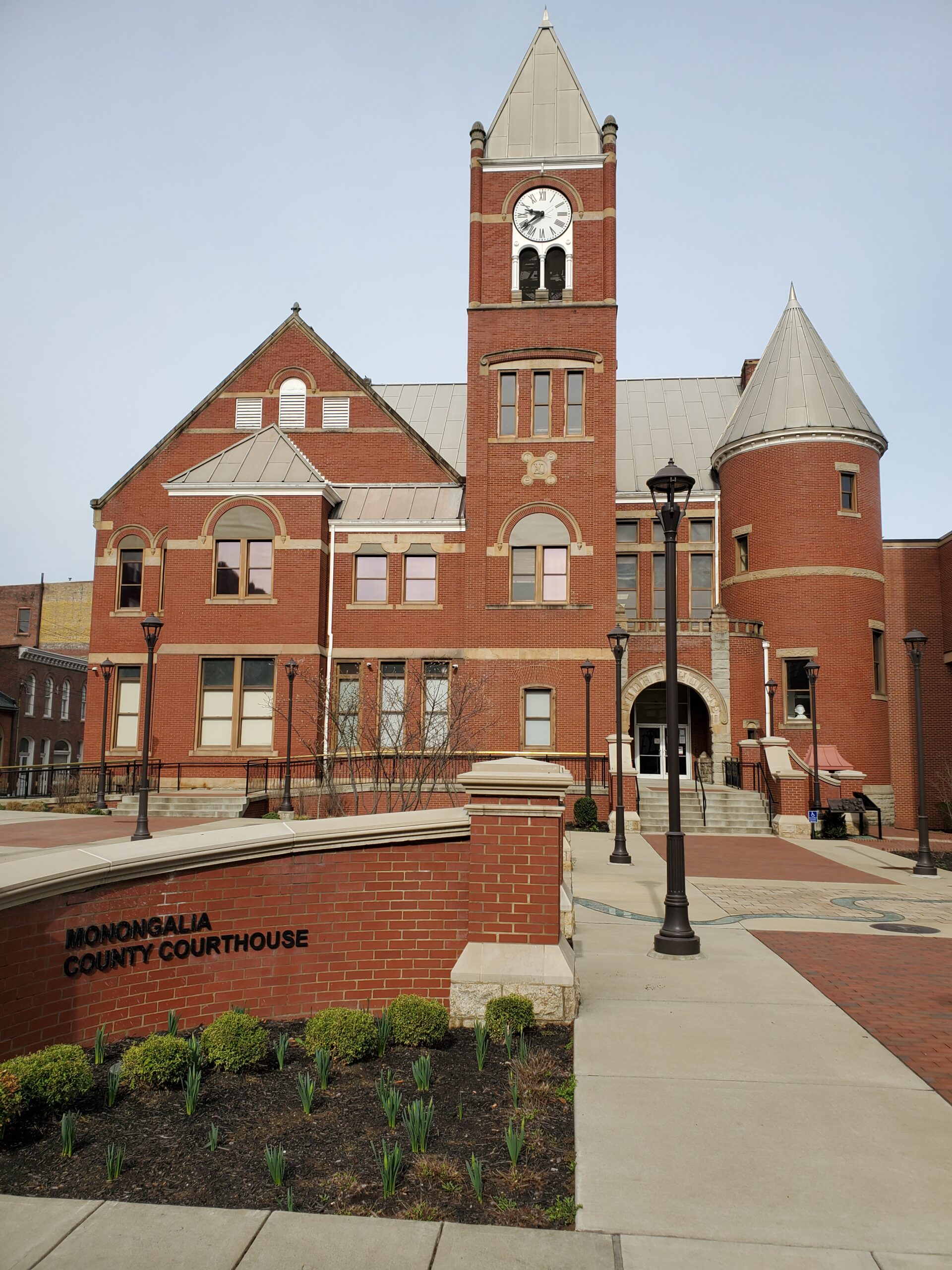MORGANTOWN — After decades of discussion and debate, and many fruitless attempts to create some semblance of regulatory structure over development in the county, the Monongalia County Commission was all set to hold a first reading of a countywide subdivision and land division ordinance (SALDO) on Wednesday.
Not so fast.
Instead, the commission sent the SALDO — now years in process in its own right — back to the Monongalia County Planning Commission for additional review.
The current issue, commissioners explained, is the recent passage of Senate Bill 782. The bill was signed into law on March 27, adding Article 13 to West Virginia Code 8A, which pertains to land use planning.
The intent of Article 13 is to set time limits on development review processes.
It reads: “If an applicant submits a request to a governing body or planning commission of a municipality or county, then the governing body or planning commission of the municipality or county must approve or deny the applicant’s request within 60 days.”
“Request” means an application for a permit, license, variance or any other necessary prior approval related to the development or improvement of property.
Absent the need for corresponding approvals from state or federal agencies — which would allow an additional 60 days — the request must be approved or denied within 60 days of receipt, or it’s automatically approved.
In an email offering the planning staff’s recommendations, County Planner Andrew Gast-Bray said the intent of the law is fine, but almost everything else could be a problem.
The correspondence includes descriptors like “poorly written,” “contradictory” and “inconsistent.”
“Worse still, it is so vague, it is hard to know what it means — so could open us up to legal challenges,” Gast-Bray wrote. “So, Planning Staff cannot recommend this going forward as is.”
The email included multiple like-minded legal interpretations.
“We have three different legal opinions that say some of the changes could cause some problems with the current SALDO in front of the commission,” Commission President Sean Sikora said. “It doesn’t seem a worthwhile effort to move forward with this version that could be in conflict.”
Sikora said the matter would go back to the planning commission and return to the county commission, “sometime in the near future.”
As has been reported, subdivision regulations have been on and off the county’s radar numerous times dating back to 1968.
The point that’s consistently raised every time the issue comes up is the distinction between zoning and regulating the subdivision of land.
Zoning dictates what you can build in a given location. Subdivision regulations dictate how you support what you build — primarily by addressing roads, water, utilities and other infrastructure.




